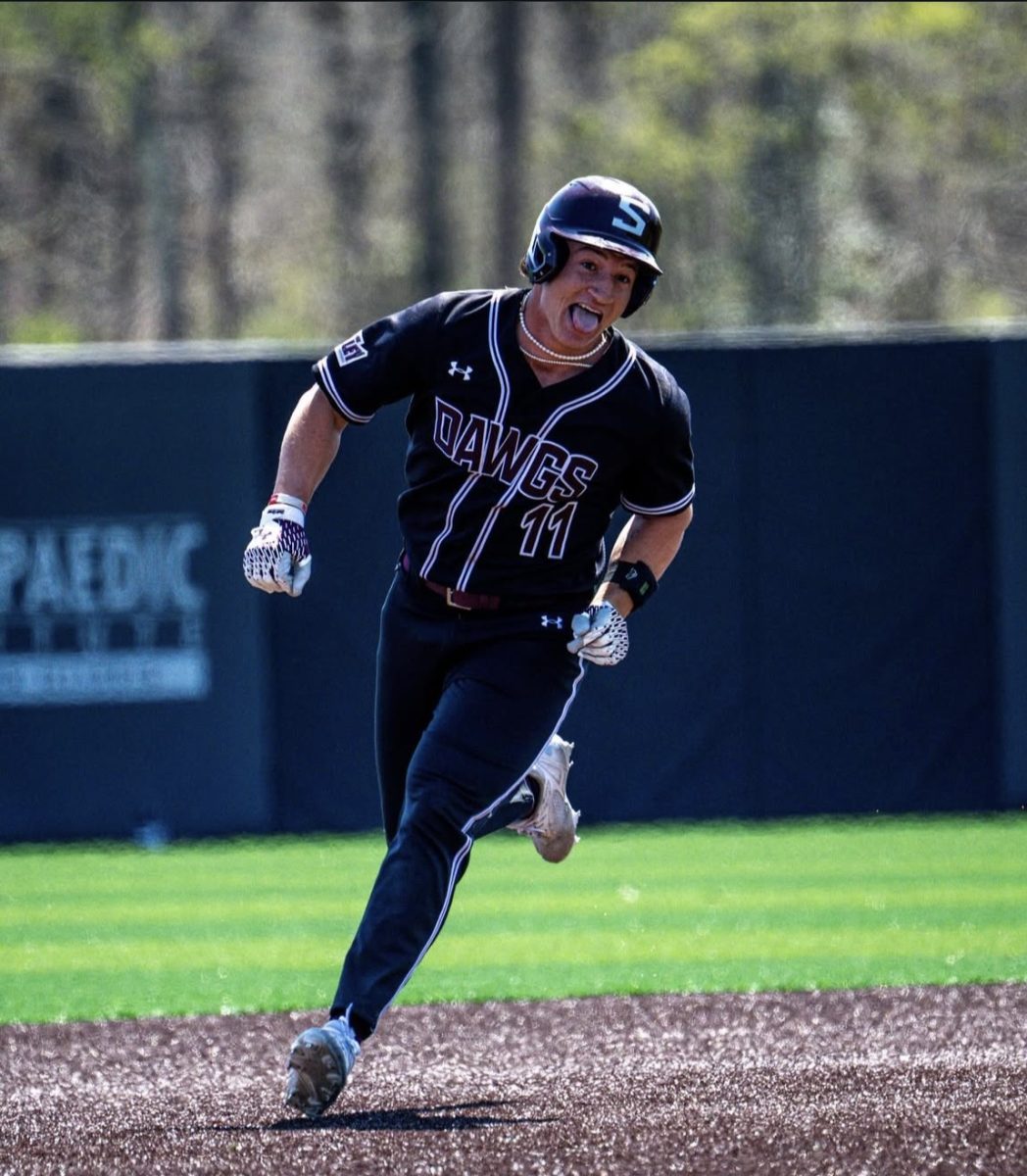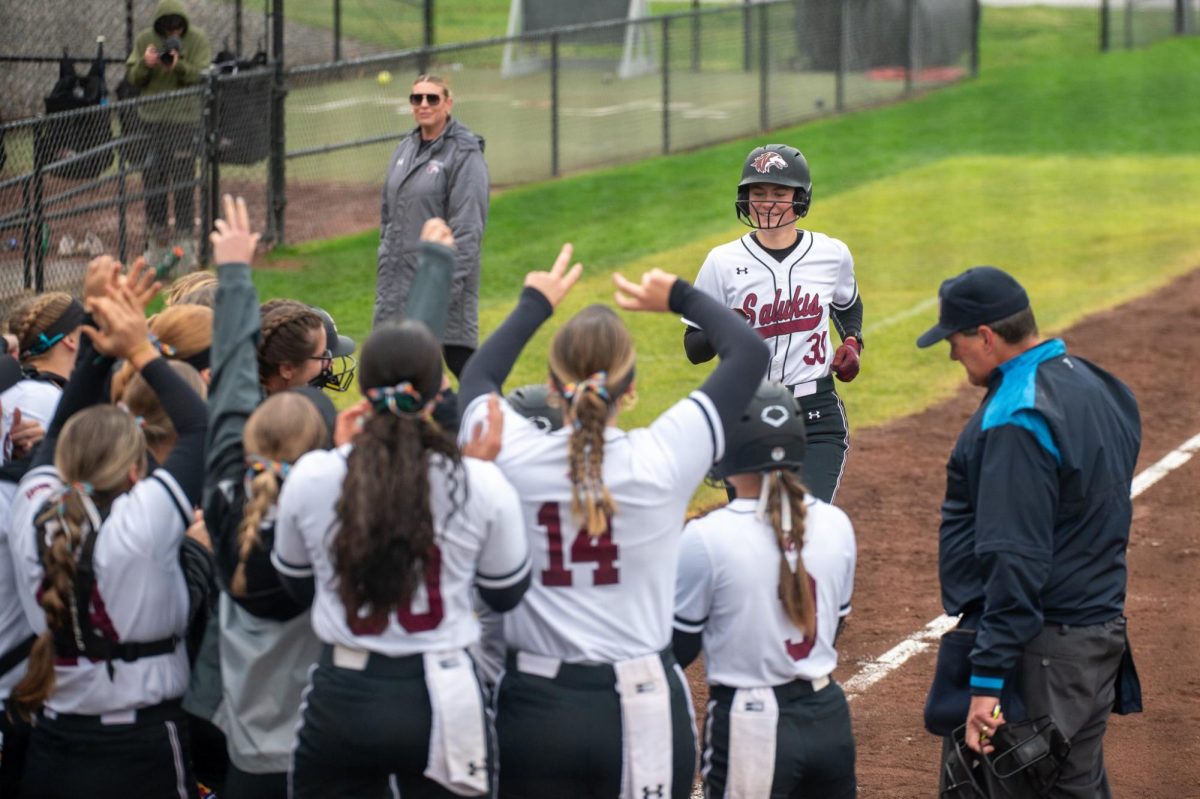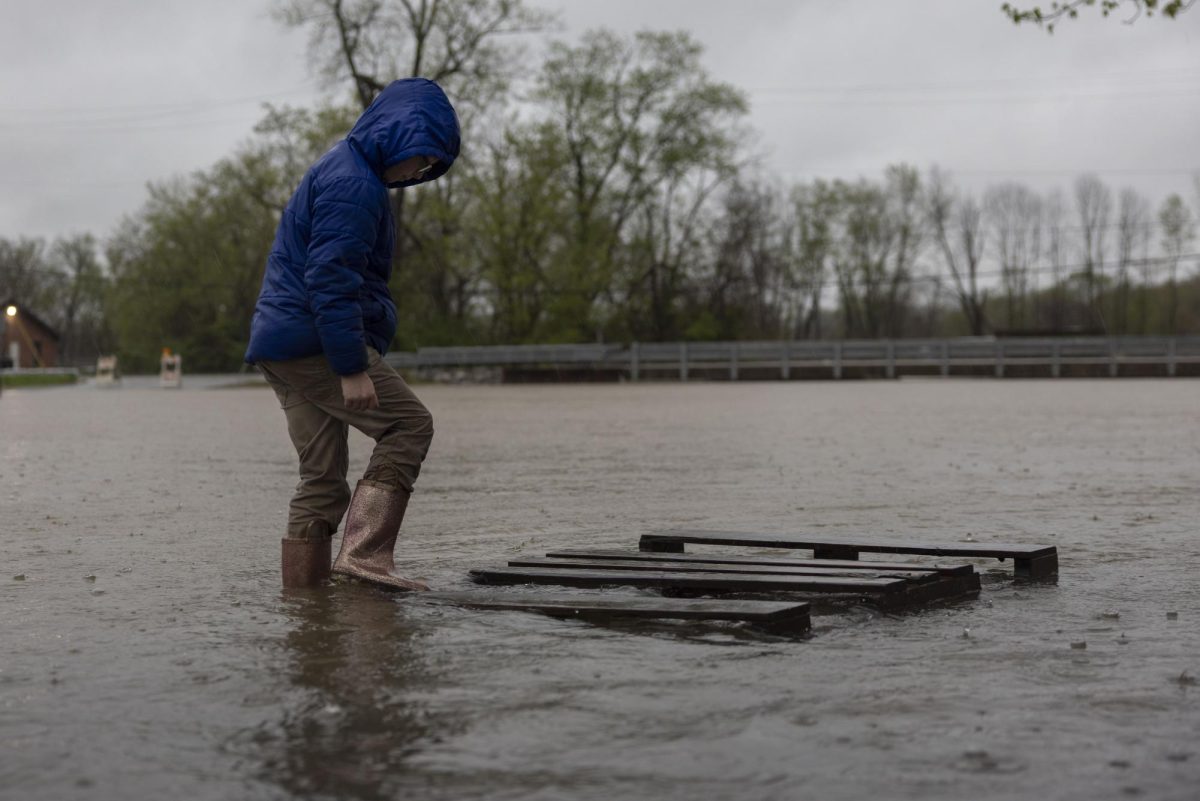CHICAGOThe entire school board here is gone. The superintendent, on the job for just two years, is packing. Yet another revolution is at hand in this city’s troubled classrooms, and now the task of improving them all depends on Mayor Richard M. Daley.
July 14, 1995
In what may be an omen for other big cities fed up with how their schools are run, Daley has been given total command of Chicago’s system by the State Legislature for the next four years.
He has full control of its $3 billion budget. It is his decision alone to name its new leaders. And he has unprecedented new power over the teachers union.
Today, we begin a new era in the history of public education in Chicago, Daley proclaimed inside a sweltering school on the city’s South Side recently. Business as usual is over.
Advertisement
Daley’s new role here is just the kind of power Mayor Rudolph W. Giuliani is campaigning for in New Yorkand a key reason why the schools chancellor there, Ramon C. Cortines, resigned in June. It is similar to a move Boston made a few years ago to scrap its elected school board and let the mayor appoint his own. And it resembles the ongoing debate in Washington about eliminating its elected board and letting Mayor Marion Barry or the D.C. Council preside over the schools.
None of those plans is precisely the same as any other, but all have the same roots:pressure from civic and business leaders who are so tired of low student achievement that they are willing, even eager, to dynamite the model by which most of the nation’s urban public school systems have been managed for generations.
Some cities, including Newark last week, have had their failing schools taken over by the state. In others, officials are hiring private companies to run schools or creating publicly funded but independent charter schools. In Chicago and elsewhere, the focus is on the even riskier idea of trying to save schools with less democracy and more buck-stops-here mayoral clout.
There has been a strong tradition in this country to try to insulate public school systems somewhat from politics and give mayors only limited control, said Robert Berne, dean of New York University’s graduate school of public service. But in some cities the crises and the tensions over public education have become so great, people want to completely break that structure up and start over.
Yet even those who say Chicago’s shakeup could help its 400,000 public school studentsthe schools can’t get much worse, many arguehave anxiety about it.
Some fear that the plan shifts too much power to the mayor and say the last thing any urban school system needs is more top-down control, or one politician controlling so many patronage jobs. Chicago’s schools employ more than 45,000 people.
The good thing about this is that the mayor can no longer duck any education issue, said G. Alfred Hess, executive director of the Chicago Panel on School Policy, an advocacy group. The bad thing is that he has complete control. In the past, all the political factions in the schools could at least divide up the patronage. Now, it’s all in the mayor’s pocket.
Advertisement*
Still, others worry that Daley’s new superboard, the five people he picks to guide the schools, will fare no better than so many other boards and blue-ribbon panels that have arrived here with a bang but left in a whimper.
It will certainly be tough, said Argie Johnson, the departing schools superintendent. You have new managers, but the same problems. Who knows if this model will be any better? There’s isn’t much precedent for it.
In the past 15 years, Chicago, like many other cities, has tried to revive its schools with one seemingly dramatic management upheaval after another.
Chicago has created a powerful panel of financial experts to oversee the school budget. It has dissolved its school board. It has enlarged its school board. It has hired and fired superintendents. It has embarked on one of the most ambitious attempts in the nation to give principals and local communities more power to run schools. The latest plan is not a response to any new crisis, but another attempt to solve the same old ones, such as budget deficits and poor student test scores.
Until last week, Chicago’s schools had been managed by a superintendent and a 15-member board. Daley appointed the board members, but had to choose from candidates nominated by community leaders. That board and that process have been abolished. For the next four years, Daley and his handpicked management team, led by his former chief of staff, are in charge and answer to no one.
Advertisement









